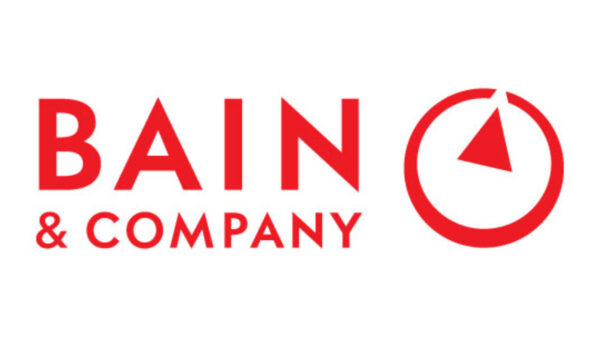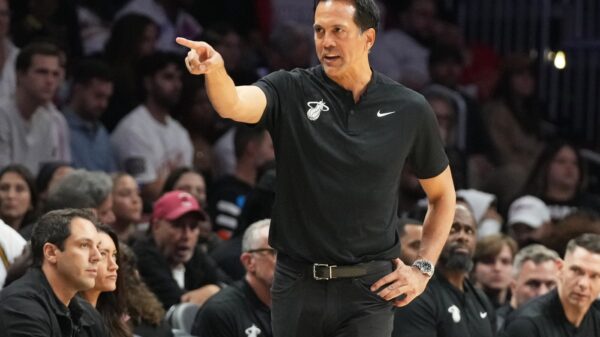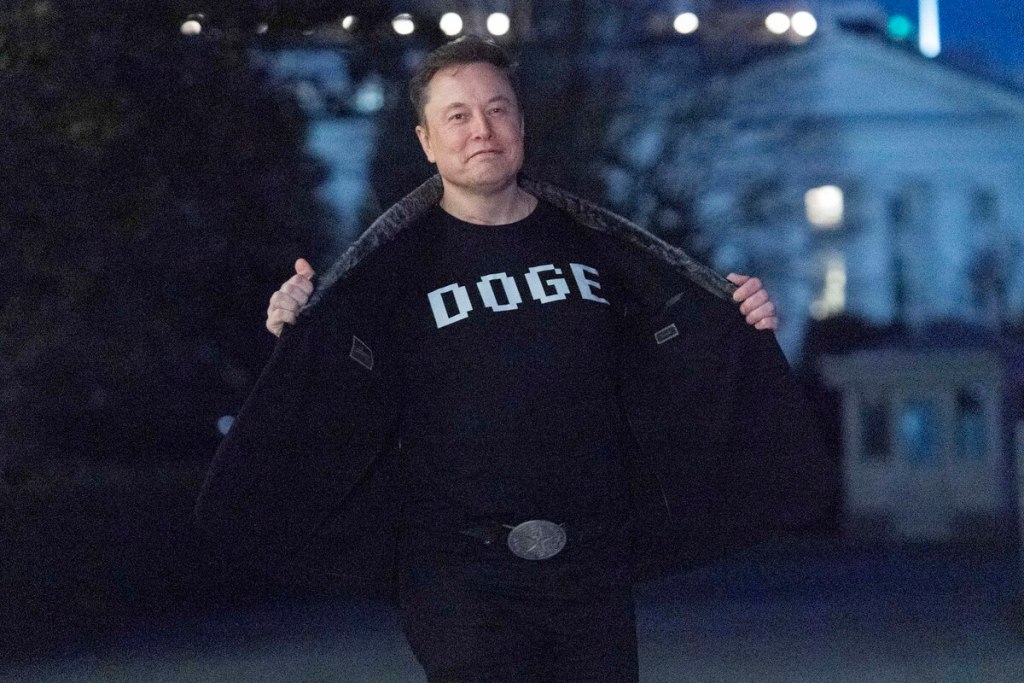Elon Musk is exploring the creation of a new political party, dubbed the “America Party,” as he seeks to challenge the established two-party system in the United States. This initiative follows his controversial association with former President Donald Trump, with whom he is now at odds. Musk’s ambition is underscored by Maine’s unique political landscape, which has a history of supporting independent candidates and smaller parties.
Maine stands out as a significant example for Musk, given its track record of third-party support. The state has produced two independent governors and has witnessed notable third-party performances in past elections. In the 1992 presidential election, independent candidate Ross Perot secured second place, while during Trump’s 2016 campaign, over 5 percent of voters cast ballots for Libertarian Gary Johnson, and nearly 2 percent voted for Green Party candidate Jill Stein.
Lisa Savage, an independent candidate for the U.S. Senate in 2020, emphasized Maine’s independent spirit, stating, “We just have that kind of independent, you-can’t-buy-me kind of attitude.” These sentiments reflect Maine’s political culture, which is generally more accommodating to third parties than most other states in the country. Despite the presence of a significant Green Party membership, candidates from that party have not participated in statewide elections since 2006.
Historically, the Green Party has aligned itself with left-leaning economic and environmental policies, which may not resonate with Musk’s proposed platform. Currently, Musk is focused on congressional races and aims to attract voters concerned about fiscal issues, potentially appealing to former Libertarians and independent-minded conservatives.
For the America Party to appear on the ballot in Maine, Musk and his supporters would need to register a minimum of 5,000 voters. This process is similar to the recent efforts of the No Labels Party, which achieved party status in Maine after navigating complicated ballot access regulations.
Musk, as the world’s wealthiest individual with an estimated net worth exceeding $400 billion, holds a distinct advantage in his political pursuits. His financial resources could facilitate significant outreach to voters, as noted by Jason Call, who managed Jill Stein’s campaign during the 2024 election. Call remarked that Musk’s wealth could help him effectively penetrate the political landscape.
Despite these advantages, there are questions regarding Musk’s compatibility with Maine’s political climate. His high-profile persona and unconventional approach, exemplified by his appearance at a conservative event wielding a chainsaw to symbolize his work with Trump’s “Department of Government Efficiency,” may not align with the state’s more understated political culture.
Former Maine Senate Majority Leader Garrett Mason, who is also a potential gubernatorial candidate, expressed skepticism about Musk’s commitment to forming a third party. Mason suggested that Musk’s financial influence could be more beneficial if directed toward existing Republican initiatives rather than establishing a new party.
As the political landscape continues to evolve in Maine and beyond, Musk’s America Party could either thrive in this independent-friendly environment or encounter obstacles that reflect the complexities of American politics today. Whether he will take concrete steps to launch this initiative remains to be seen, but Maine’s experience with third parties offers valuable insights into the challenges and opportunities such movements face.





































































